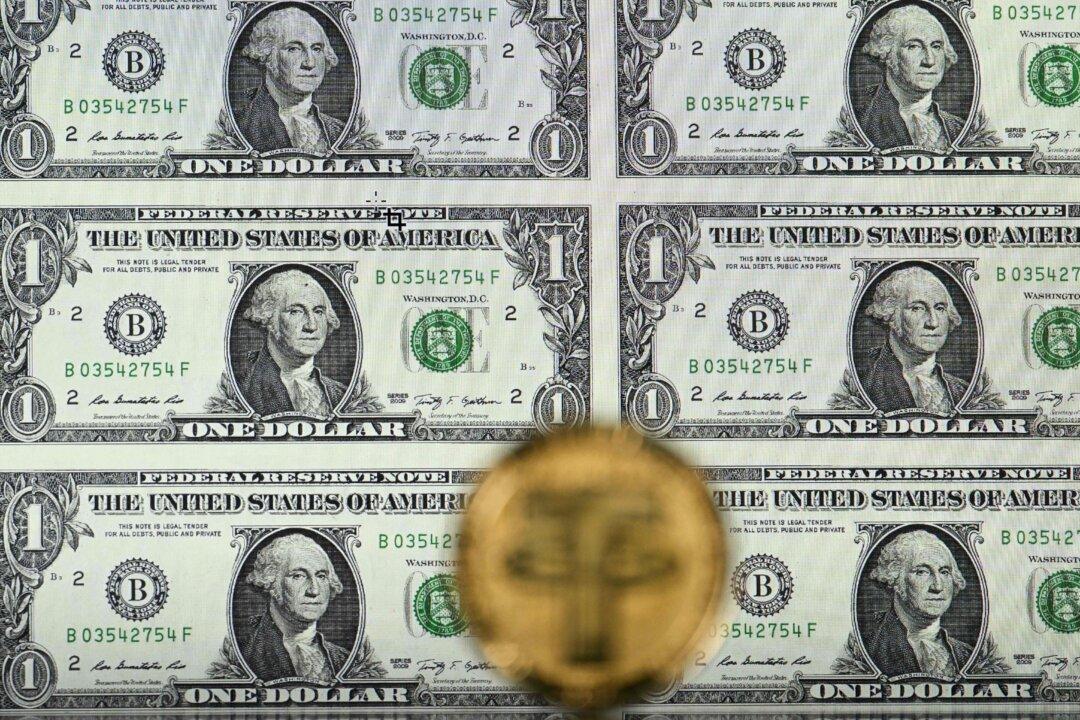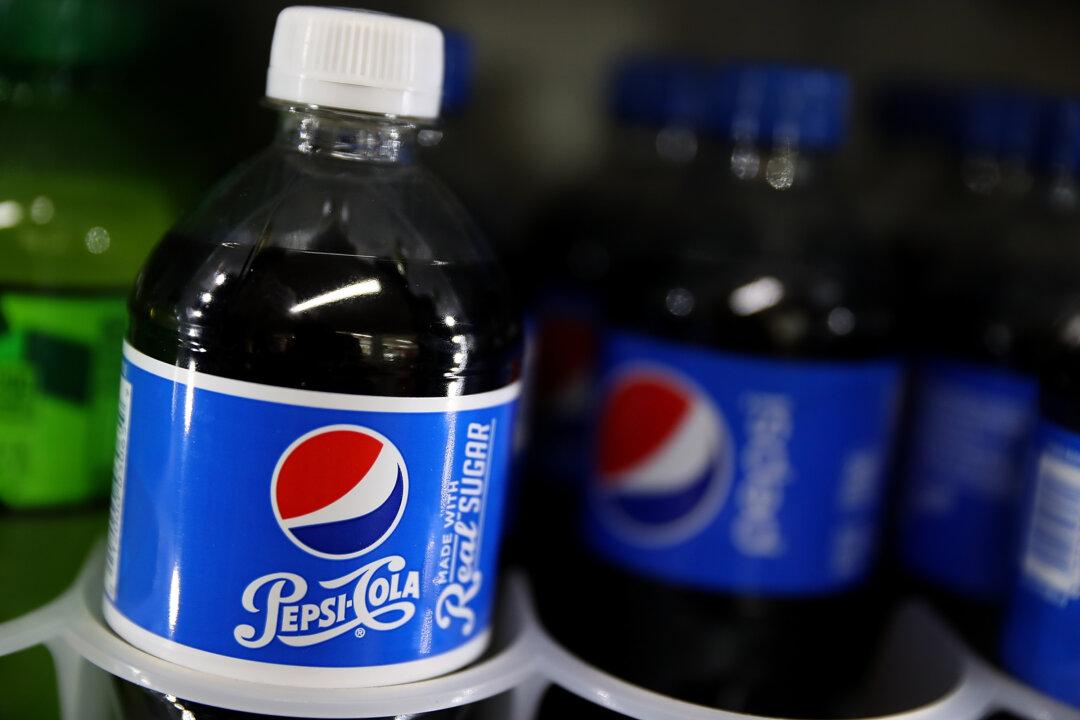Monetary policy has changed since Elon Musk made his offer to purchase Twitter Inc. on April 14, and it’s going to cost the billionaire more to complete the acquisition now than it would have if the purchase was completed in April or May.
The Economic Backdrop
The Federal Reserve has increased interest rates five times in 2022, including three times in a row at a rate of 0.75 percent, and indicated that further significant rises were expected.Since Musk’s initial offer, the Nasdaq Composite and S&P 500 have plummeted by roughly 16 percent and 14 percent, respectively.




